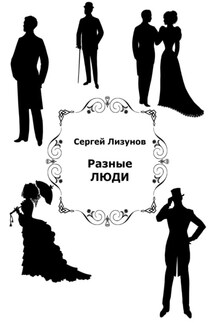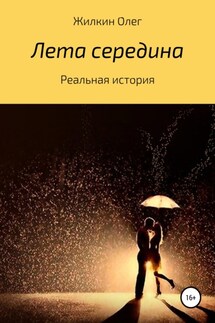The Tenant of Wildfell Hall - страница 3
Here I was transgressing again; and this time I was made sensible of it by a sudden dig in the ribs, from the elbow of my pert brother. For the present, I could only resent the insult by pressing my foot upon his toes, deferring further vengeance till we got out of church.
Now, Halford, before I close this letter, I'll tell you who Eliza Millward was: she was the vicar's younger daughter, and a very engaging little creature, for whom I felt no small degree of partiality; – and she knew it, though I had never come to any direct explanation, and had no definite intention of so doing, for my mother, who maintained there was no one good enough for me within twenty miles round, could not bear the thoughts of my marrying that insignificant little thing, who, in addition to her numerous other disqualifications, had not twenty pounds to call her own. Eliza's figure was at once slight and plump, her face small, and nearly as round as my sister's, – complexion, something similar to hers, but more delicate and less decidedly blooming, – nose, retrousse, – features, generally irregular; and, altogether, she was rather charming than pretty. But her eyes – I must not forget those remarkable features, for therein her chief attraction lay – in outward aspect at least; – they were long and narrow in shape, the irids black, or very dark brown, the expression various, and ever changing, but always either preternaturally – I had almost said diabolically – wicked, or irresistibly bewitching – often both. Her voice was gentle and childish, her tread light and soft as that of a cat:– but her manners more frequently resembled those of a pretty playful kitten, that is now pert and roguish, now timid and demure, according to its own sweet will.
Her sister, Mary, was several years older, several inches taller, and of a larger, coarser build – a plain, quiet, sensible girl, who had patiently nursed their mother, through her last long, tedious illness, and been the housekeeper, and family drudge, from thence to the present time. She was trusted and valued by her father, loved and courted by all dogs, cats, children, and poor people, and slighted and neglected by everybody else.
The Reverend Michael Millward himself was a tall, ponderous elderly gentleman, who placed a shovel hat above his large, square, massive-featured face, carried a stout walking-stick in his hand, and incased his still powerful limbs in knee-breeches and gaiters, – or black silk stockings on state occasions. He was a man of fixed principles, strong prejudices, and regular habits, intolerant of dissent in any shape, acting under a firm conviction that his opinions were always right, and whoever differed from them must be either most deplorably ignorant, or wilfully blind.
In childhood, I had always been accustomed to regard him with a feeling of reverential awe – but lately, even now, surmounted, for, though he had a fatherly kindness for the well-behaved, he was a strict disciplinarian, and had often sternly reproved our juvenile failings and peccadilloes; and moreover, in those days, whenever he called upon our parents, we had to stand up before him, and say our catechism, or repeat, 'How doth the little busy bee,' or some other hymn, or – worse than all – be questioned about his last text, and the heads of the discourse, which we never could remember. Sometimes, the worthy gentleman would reprove my mother for being over-indulgent to her sons, with a reference to old Eli, or David and Absalom, which was particularly galling to her feelings; and, very highly as she respected him, and all his sayings, I once heard her exclaim, 'I wish to goodness he had a son himself! He wouldn't be so ready with his advice to other people then; – he'd see what it is to have a couple of boys to keep in order.'






